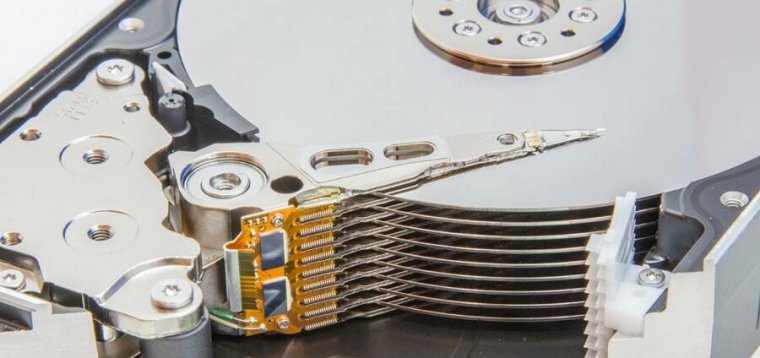According to a report from Tom's Hardware, Microsoft plans to make PC makers ship solid-state boot drives in all Windows PCs starting in 2023 or 2024, putting an end to the days of spinning hard drives for most of the PCs that still include them.
Trendfocus analyst John Chen claims that Microsoft initially tried to make the change in 2022, but that resistance from manufacturers meant "it has been pushed out to sometime next year." Microsoft and the PC manufacturers are still negotiating the timeline and possible exceptions, "but things are still in flux."
Ars contacted Microsoft, Dell, HP, Lenovo, and Acer for comment; most haven't responded. A Dell representative pointed out that nearly all of its systems already ship with SSDs, but couldn't confirm or deny the analyst's claims.
Which brings up a good point: The vast majority of new systems, from bargain-basement laptops to gaming desktops to premium Ultrabooks, come with SSD boot drives and have done so for years. Some solid-state storage is better than others—cheap eMMC storage in a budget laptop will be nowhere near as fast as the cheapest NVMe SSD—but these days only the budget-iest of budget desktops still use hard drives as their primary storage.
Microsoft also maintains requirements for the PC manufacturers that are different from Windows' core system requirements. The manufacturers were required to ship and enable features like Secure Boot and a Trusted Platform Module (TPM) for years before Windows 11 began requiring them for all Windows installs. Which is to say, even if the PC companies can't sell you a computer with a rotational hard drive as the boot disk, it's less likely that Windows will refuse to install on a rotational hard drive if you need it to for some reason. The current system requirements for Windows 11 stipulate 64GB or more of storage capacity but don't specify what kind of storage to use.
A cursory check of Dell's and HP's websites plus new desktop listings on Newegg suggests that an SSD requirement would primarily hit two market segments for US PC buyers. One is the very bottom-end of the consumer desktop market, where a handful of Inspiron and Pavilion systems still ship without SSDs. The other is the business desktop market, where Optiplex, Vostro, and ProDesk systems include HDDs in base models. As Chen notes, the requirement could also hit harder in more price-sensitive "developing markets" outside the US.
The systems that still use spinning hard drives overwhelmingly use 1TB models. Given that a good name-brand 1TB hard drive and an entry-level 250GB or 500GB SSD can all be had for between $40 and $50, it should at least be possible for the manufacturers to make the switch without raising prices (though manufacturer pricing for PC components is different than it is for end users). Trading that capacity for hugely increased speeds is the right move for most people to make—not everyone has 1TB of data they need to have stored locally, but everyone will notice and benefit from faster booting, app and game launch times, and multitasking.
Even as they mostly vanish from consumer PCs, hard drives continue to evolve. Most of the effort now is focused on increasing the capacity of drive platters using new data recording technologies. Seagate claims to be aiming for 100TB hard drives by 2030, while Western Digital announced large 22TB and 26TB hard drives for data centers and other customers with high-capacity storage needs.



3175x175(CURRENT).thumb.jpg.b05acc060982b36f5891ba728e6d953c.jpg)


Recommended Comments
There are no comments to display.
Join the conversation
You can post now and register later. If you have an account, sign in now to post with your account.
Note: Your post will require moderator approval before it will be visible.